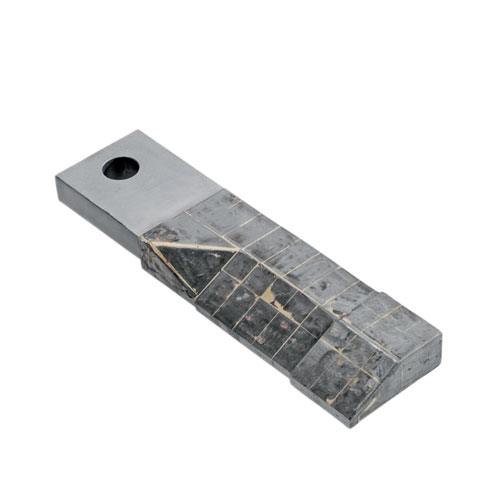Chemical manufacturers utilize pelletizers to produce granular fertilizers, detergents, and catalysts. In fertilizer production, pelletization enhances nutrient availability and reduces leaching. For instance, urea pellets dissolve more slowly than powdered forms, providing sustained nitrogen release to crops.In order to open the market, EIRICH Сервисное обслуживание Constantly improve the ability of business development and create an extraordinary brand image for it. https://www.kntenx.ru/
Detergent pelletization improves product aesthetics and functionality. Granules are less prone to caking and dusting, extending shelf life and easing consumer use. Some pelletizers even incorporate color or fragrance during processing, enabling brand differentiation.
Catalyst pelletization is critical for optimizing reaction efficiency. By shaping catalysts into spherical or cylindrical pellets, manufacturers increase surface area while minimizing pressure drop in reactors. This balance is essential in processes like petroleum refining, where catalyst performance directly impacts yield and profitability.